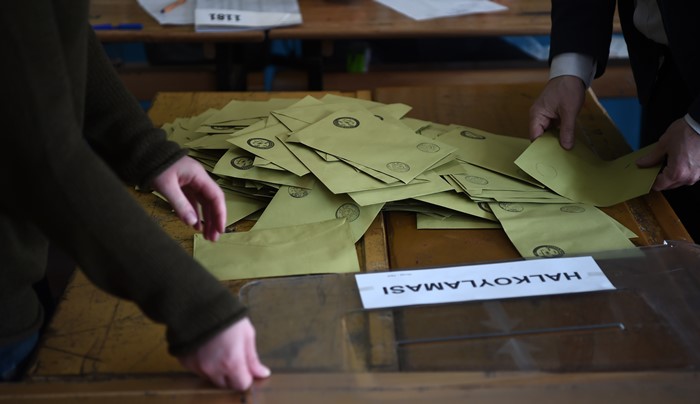The Parliamentary Assembly of the Council of Europe (PACE) has said the democratic referendum in Turkey was hindered by restrictions on freedom of expression, association, movement and assembly under the country’s continuing emergency rule, according to a report by the Stockholm Center for Freedom (SCF).
“The fundamental freedoms of expression, assembly and association, which are already circumscribed by the Constitution and related legislation, were further restricted by the use of extraordinary powers under the state of emergency, hindering the conduct of a democratic referendum. This included provincial governors exercising their authority under the state of emergency to limit freedom of movement, association, assembly and expression,” the report, which was approved by the Bureau of Assembly on May 29, noted.
PACE also criticized the way the constitutional referendum was held on April 16, saying that it took place on “an unlevel playing field and the two sides of the campaign did not have equal opportunities.”
“Voters were not provided with impartial information about key aspects of the reform, and civil society organisations were not able to participate. Under the state of emergency put in place after the July 2016 failed coup attempt, fundamental freedoms essential to a genuinely democratic process were curtailed,” the report said.
Stressing that the dismissal or detention of thousands of citizens negatively affected the political environment, PACE noted that “the ‘Yes’ campaign’s dominance in the coverage and restrictions on the media reduced voters’ access to a plurality of views.”
PACE also took note of late changes in counting procedures by the Supreme Election Board(YSK), saying that it removed an important safeguard and was contested by the opposition. It said the YSK did not fully exercise its authority to regulate the process to ensure a clear legal framework and declined to provide interpretations on campaign rules and the relocation of polling stations when formally requested to do so by stakeholders.
“The adoption of two emergency decrees that permanently amended election-related laws went beyond the exigencies of the emergency. Notwithstanding the constitutional provision, the SBE decided the changes to the law would take effect immediately. Furthermore, in response to appeals lodged by CHP members of parliament, the Constitutional Court decided that it does not have jurisdiction to consider appeals of emergency decrees, thus effectively barring challenges to the referendum-related decrees. In addition, the parliament did not consider the decrees prior to the referendum or within the 30-day legal deadline, leaving their legal status uncertain and further limiting the opportunity for appeal,” the report said.
In a last minute amendment to the report, PACE also deplored Turkey’s President Recep Tayyip Erdoğan and Foreign Minister Mevlüt Çavuşoğlu for questioning “the integrity and credibility of the observation mission.” Both Erdoğan and Çavuşoğlu called PACE and OSCE observers terrorists and said their reports were worthless for Turkey.

